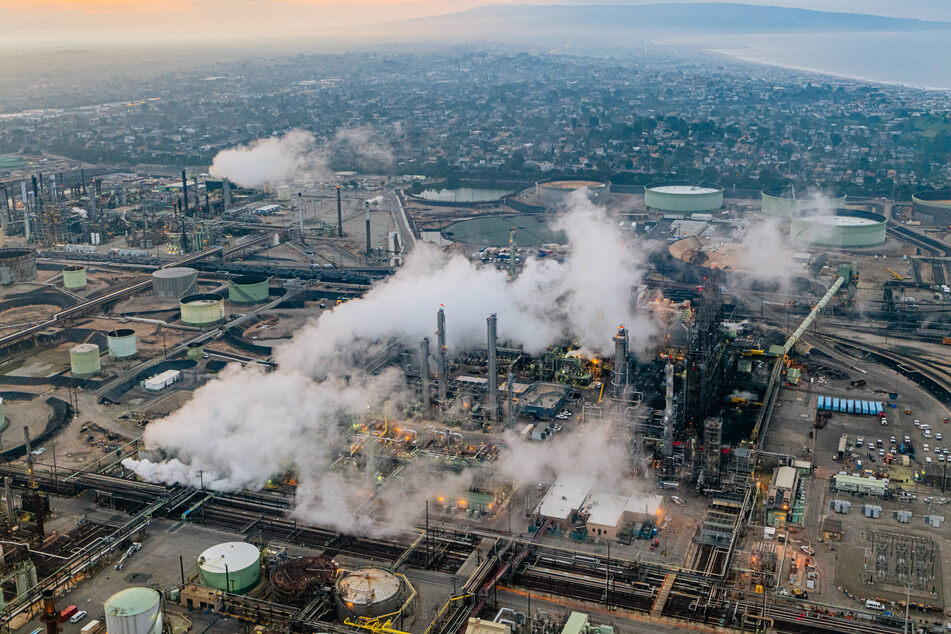"Climate-friendly" fuel made from plastics poses severe health risks
Pascagoula, Mississippi - A supposedly "climate-friendly" fuel initiative has come under fire after agency records exposed the severe cancer risks that the air pollution could create.

A Chevron refinery in Pascagoula, Mississippi, received approval from the Environmental Protection Agency (EPA) to produce fuel made from discarded plastics as an alternative to fossil fuels.
"We are taking steps to address plastic waste and support a circular economy in which post-use plastic is recycled, reused or repurposed," Chevron said, per The Guardian.
While the initiative was intended to promote sustainability, the production process for the fuel contributes to a risk of cancer that is 250,000 times greater than what is typically deemed acceptable by the EPA.
The pollution's risk is so high that it poses a 25% lifetime cancer risk for those exposed, which is higher than the lifetime lung cancer risk for smokers.
The health hazards will also disproportionately impact low-income and Black populations due to the makeup of the town's surrounding residents.
In approving the new fuel, the EPA did not adhere to its usual approval procedures that mandate the implication of measures to minimize the dangers. These were neglected due to an initiative that sought to streamline the approval procedure for petroleum alternatives, which began in 2022.
Despite the initiative's supposedly environmentally friendly nature, creating fuel from plastic rather than fossil fuels actually just adds additional hazardous steps, as more fossil fuels are required in the process of converting the plastics into fuel.
Chevron has not begun producing the fuel yet, according to the EPA.
Cover photo: IMAGO / Cavan Images
